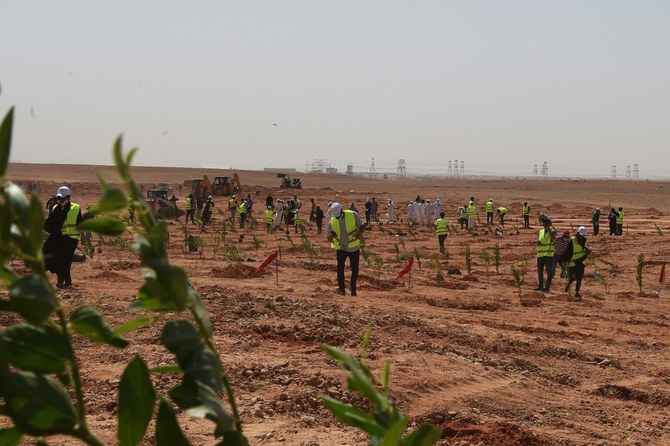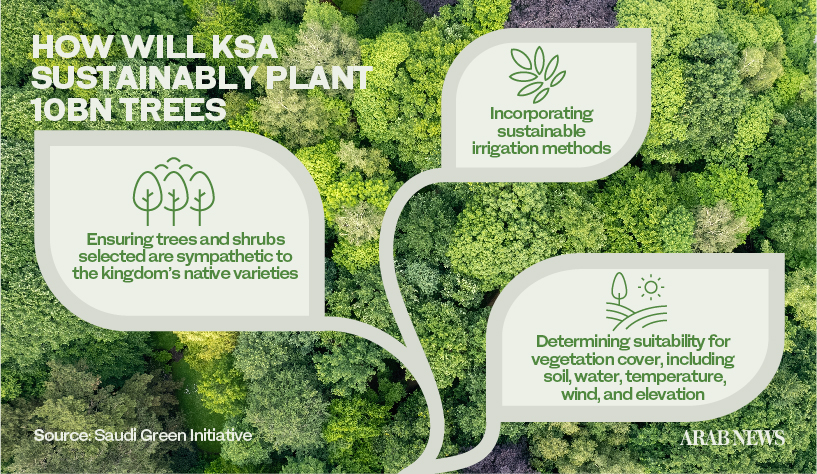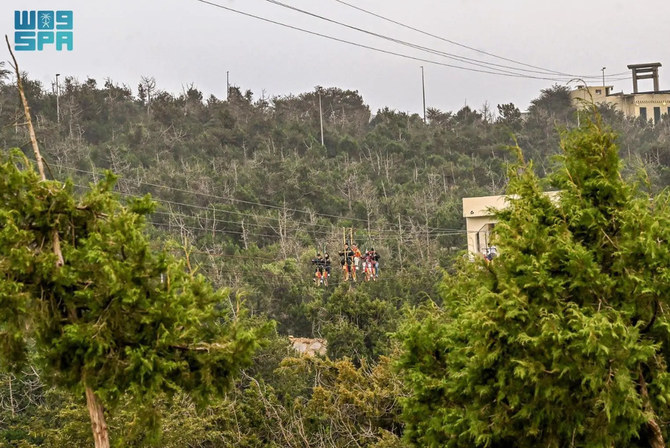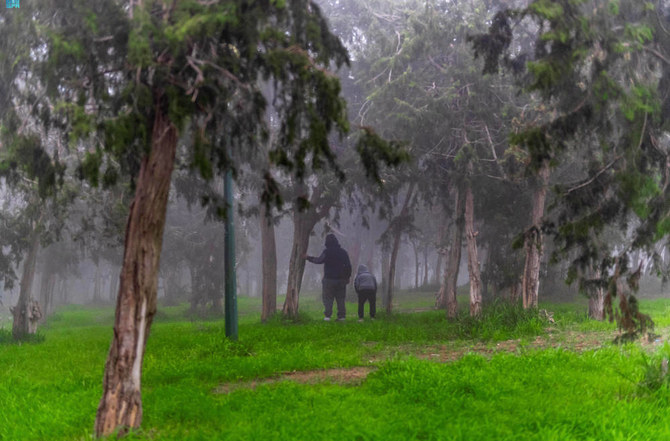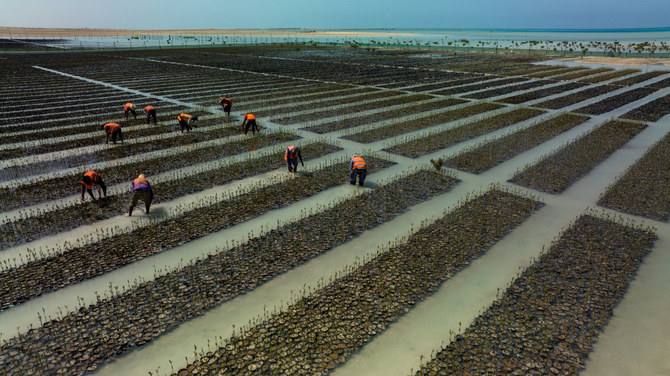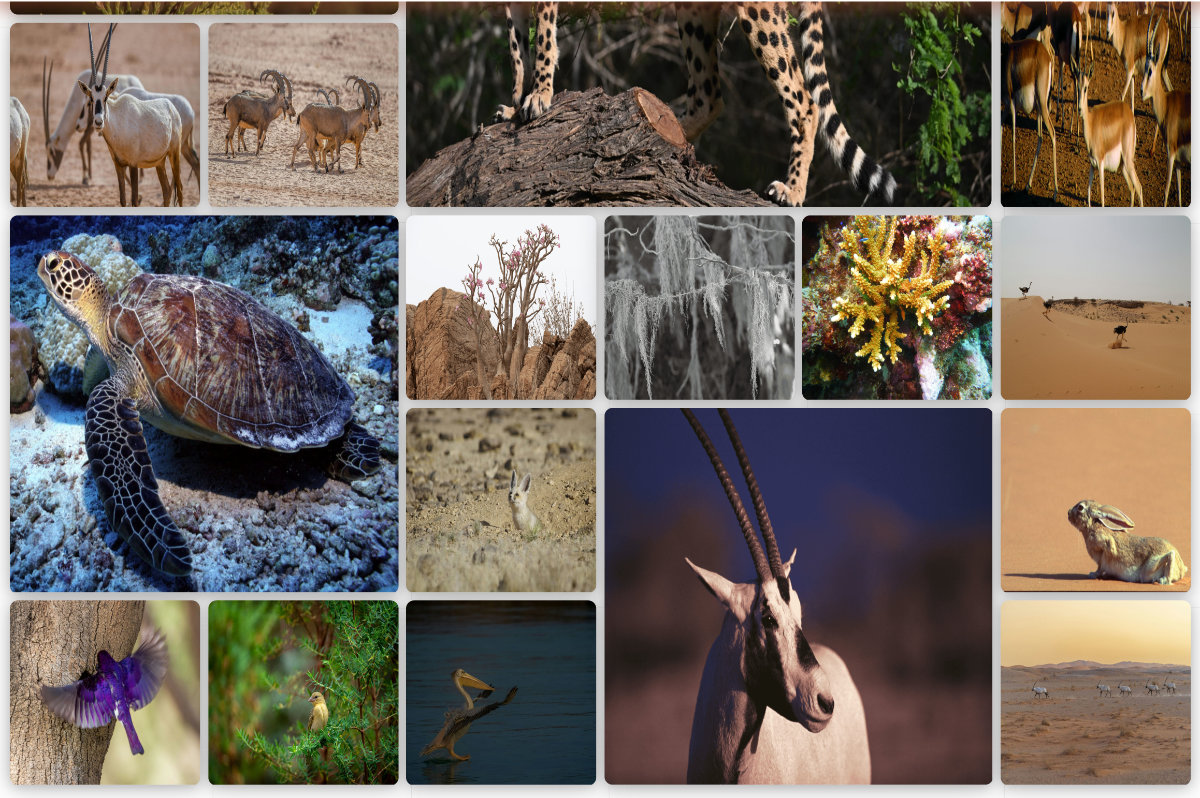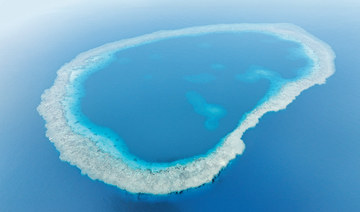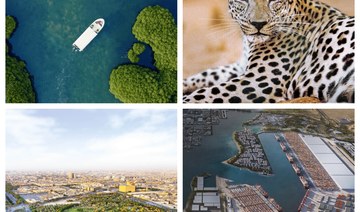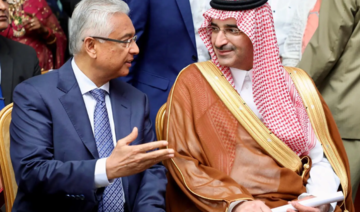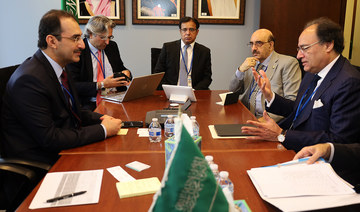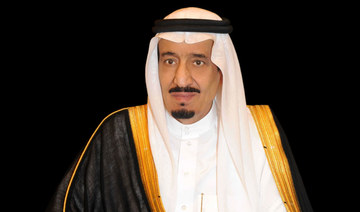JEDDAH: Throughout the world, organic waste generation is posing serious challenges, threatening food security and water purity and availability. Saudi Arabia is no exception.
Rapid population growth and urbanization in the MENA region are generating large amounts of organic waste, resulting in environmental pollution, declining urban aesthetic, and rising greenhouse emissions. These conditions are also compromising human health.
If the present circumstances persist, the total waste generated in the MENA region is expected to approximately double by 2050.
Advanced organic waste disposal management services are quickly becoming indispensable. The Edama Organic Solutions Startup based at the King Abdullah University of Science and Technology (KAUST) in Thuwal is an example of one such innovative composting service provider in the region.
The startup was found in 2017 with the goal of turning 65 percent of the total municipal solid waste in Saudi Arabia — which mainly consists of organic waste that usually ends up in landfills — into a precious resource.
“We transform organic waste such as food and vegetation from landscaping or farming into rich soil that improves desert agriculture, helping to increase yields and reduce water consumption,” Dr. Sabrina Vettori, CEO at Edama, told Arab News.
The Edama team work to face multiple challenges at a time, including waste disposal hazards, food security, and water scarcity by adopting a circular economic approach.

“In a traditional economy, these challenges are neither connected nor resolved,” Vettori explained.
But Edama’s team of plant science experts have specifically designed their products for the desert environment by composting organic waste, which saves water and planting nutrients while improving food security and mitigating climate change.
Their business model offers two operations. Edama both produces soil-improving products and offers waste recycling services by removing waste from municipalities and communities.
“Waste collectors bring organic waste to our facilities instead of dropping them in landfills," Vettori explained. “People usually assume that we pay for our resources, but they forget that waste providers pay to dispose their waste. Therefore, we get paid for offering them a cheaper option.”
Edama’s journey began three years ago when Vettori was a data science Ph.D. student at KAUST.
“I was really interested in knowing where my trash was going and how I could incorporate more sustainable practices in my everyday life here,” she said.
Vettori realized that, at the time, there was no option to recycle organic waste. Instead, all organic waste was sent to a landfill where it became a source of pollution as it mixed with other types of trash, producing greenhouse gases that damage the ecosystem and leeching harmful chemicals that seep into the ground and pollute the soil and water.

Edama was established on the concept that such waste has precious nutrients that, if treated and transformed into soil-improving products, could help solve the challenges that desert agriculture faces.
“Because of low fertility and water-holding capacity of local sandy soils, desert agriculture is very inefficient. By applying organic matter, we can regain soil structure and restore a healthy ecosystem, helping local farmers to increase yields and save water,” Vettori said.
Organic waste contains materials that originate from living organisms (human beings and plants). It is usually made up of vegetable and fruit debris, paper, bones, and human waste. Despite the regional food security challenges, Saudi Arabia ranks among the top food wasters with 427 kg of food wasted per capita per year.
Edama offers two products. The Edama Desert Compost was their first soil improver, which is already in production now and in the phase of scaling up.
“It is mixed with local sandy soils to improve its water retention, thus reducing irrigation needs. It also increases soil fertility, providing nutrients that help plants grow,” Dr. Mitchell Morton, Edama CTO told Arab News.
The other product is the Edama Palm Peat.
“It is a growth medium for plants and hydroponic farming, where we use date palm waste,” Morton explained. “It uses a material that is otherwise wasted in the Kingdom because there is no commercial use for it.”
The effect of the product on the plants’ growth is tested in the local environment with different crops.
“Using our product usually results in crops that are not only bigger but that consume less water,” Morton said.

The Edama team is proud of their products’ ability to increase local yields up to 40 percent, reduce water use by 50 percent, and improve long-term soil health.
“Our main goal is to support desert agricultural systems, and it is a dream of mine to help reduce the effects of desertification and try to reclaim some of the lands that used to be green around here,” Morton said.
Applying science to tackle real-world problems is what distinguishes Edama from potential competitors in the market.
“Edama benefits from having a team with scientific expertise,” Rowan Jandu, Director of Finance and Operations, told Arab News.
“We have done a lot of work in the last two years to adapt composting processes and techniques that are well established in Europe and the US to the local environment,” Jandu said. “It was very different and required a lot of research and testing.”
At the moment, the team is looking to have their main facility at KAUST soon. It will be the first of its kind in the Kingdom and will recycle 5,000 tons of organic waste per year.
In 2018, Edama participated in the KAUST Taqadam startup accelerator program and was selected for funding for promoting innovative and sustainable solutions from over 200 startups across the country.
“Transitioning from academia to the business environment, we had a lot learn. It was a tough experience, but we benefited greatly with the help of the KAUST mentorship,” said Vettori.

















